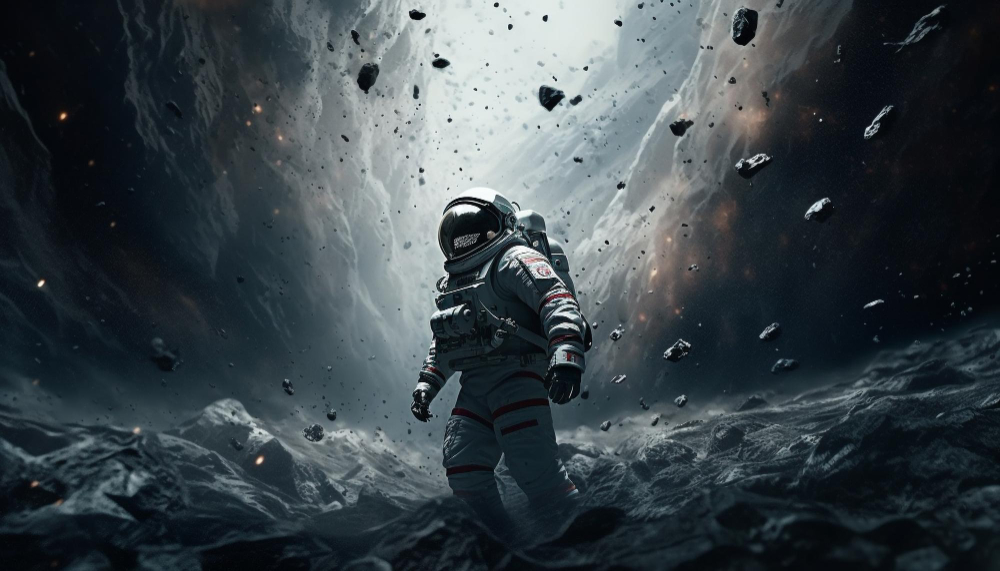
Space exploration has always captured the imagination of mankind, fueling our curiosity and driving us to push the boundaries of our understanding. Since the first human steps on the moon, we have embarked on an incredible journey to discover the mysteries of the universe. The vastness of space presents us with endless possibilities and infinite wonders waiting to be uncovered. From unraveling the secrets of distant celestial bodies to exploring the origins of our existence, space exploration has become the ultimate quest for knowledge and adventure.
Unveiling the Cosmos: Telescopes and Observatories
One of the essential tools in our pursuit of understanding the universe is the telescope. Through these incredible devices, we are able to peer into the depths of space, capturing light that has traveled for millions or even billions of years. With advancements in technology, our telescopes have become more powerful and sophisticated, allowing us to explore further and witness the birth and death of stars, the formation of galaxies, and even the remnants of the Big Bang itself. Observatories positioned both on Earth and in space serve as gateways to unraveling the cosmic enigmas that have captivated astronomers for centuries.
The Human Odyssey: Space Missions and Extraterrestrial Exploration
While telescopes provide us with valuable insights, there is nothing quite like sending human beings on a voyage into space. Our longing to explore the unknown has led to a series of remarkable space missions that have taken us to neighboring planets and even beyond our own solar system. From the iconic Apollo missions that landed humans on the moon to the ongoing quest to send astronauts to Mars, these endeavors push the limits of human ingenuity and courage. Each mission not only expands our scientific knowledge but also inspires generations, proving that humanity’s spirit of exploration knows no bounds.
The Quest for Life: Searching for Extraterrestrial Intelligence
One of the most fascinating questions that space exploration seeks to answer is whether we are alone in the universe. The search for extraterrestrial intelligence (SETI) has captivated scientists and the public alike. Radio telescopes and space probes have been deployed to scan the vast expanse of space, listening for any signals that may indicate the presence of intelligent life beyond our planet. The discovery of exoplanets, planets orbiting distant stars, has further fueled our hope of finding other habitable worlds and potential alien civilizations. While we have yet to find concrete evidence, the search continues, and each new discovery brings us closer to unraveling this profound mystery.
Beyond Our Horizons: Interstellar Travel and Future Possibilities
As we delve deeper into space exploration, the concept of interstellar travel has begun to capture our imagination. While our current technologies limit us to exploring our own solar system, scientists and visionaries are actively working on finding ways to travel to other star systems. Concepts such as warp drives, wormholes, and fusion propulsion systems are being explored, offering the potential for humanity to embark on truly interstellar journeys in the future. Although these technologies remain theoretical for now, the pursuit of interstellar travel represents our unyielding desire to venture further and explore the vastness of the cosmos.
Protecting Our Cosmic Home: Space Debris and Sustainability
While space exploration opens up new frontiers, it also brings challenges and responsibilities. Space debris, remnants of defunct satellites and spent rocket stages, pose a significant threat to both manned and unmanned missions. As our presence in space increases, it becomes crucial to address the issue of space debris and develop sustainable practices to ensure the long-term viability of space exploration. Scientists and engineers are actively working on solutions, including debris removal technologies and regulations for responsible space activities, to safeguard our cosmic backyard and protect the delicate balance of celestial bodies.
Sustaining the Cosmos: Protecting Celestial Resources and Extraterrestrial Environments
Furthermore, the concept of sustainability in space exploration goes beyond debris management. It encompasses the preservation of celestial resources and the protection of extraterrestrial environments. As we explore other planets and moons, it is essential to adopt practices that minimize our impact on these pristine environments. By adhering to strict protocols and guidelines, we can ensure that our exploration efforts do not disrupt or contaminate potential habitats or compromise future scientific discoveries.

